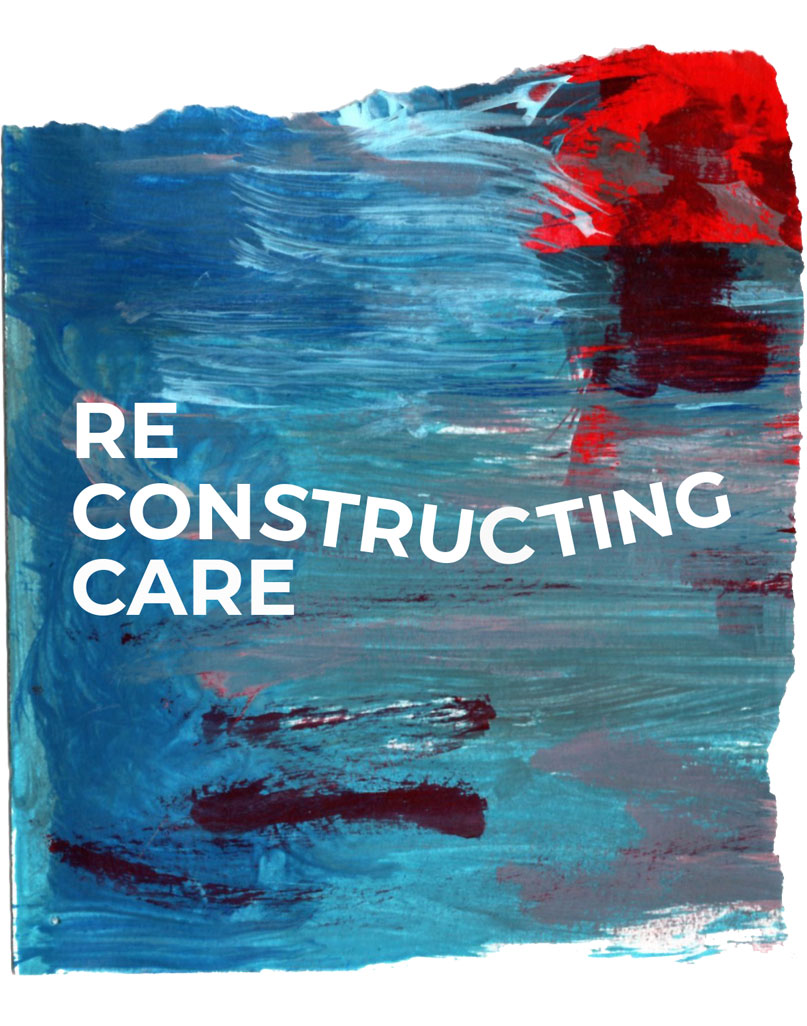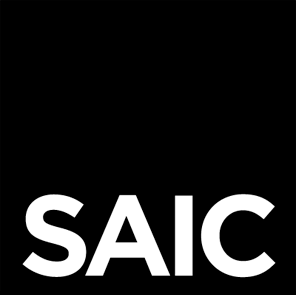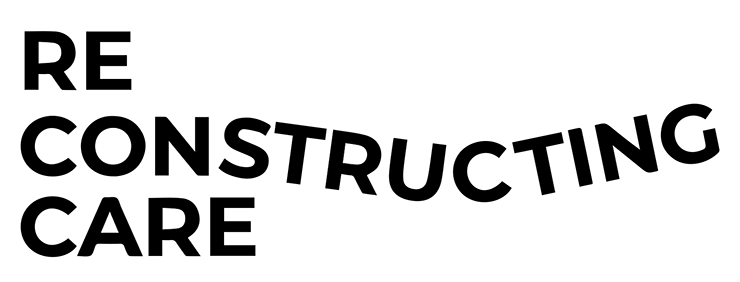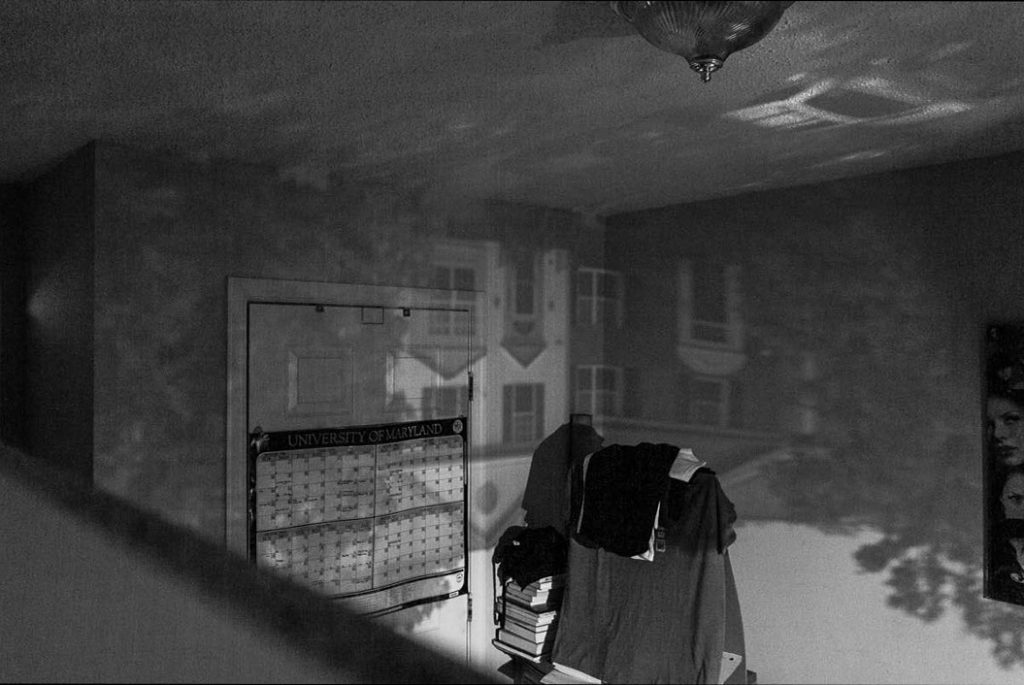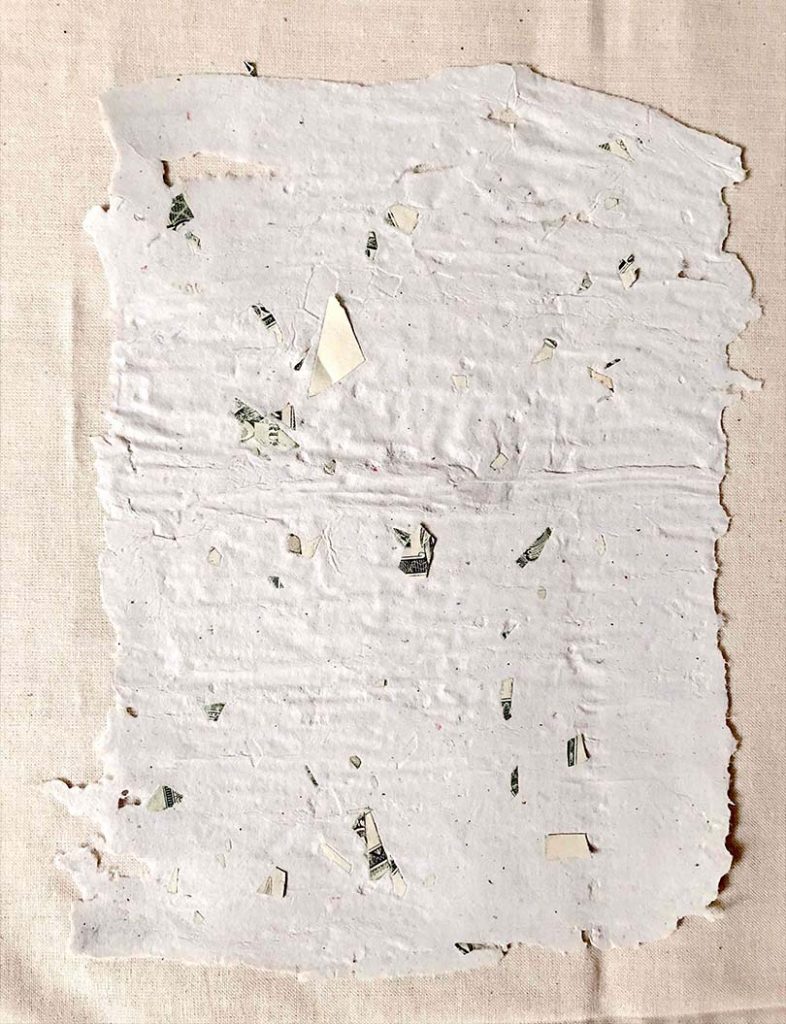Zemaye U. Okediji is a 2021 candidate for the Master of Arts in Art Therapy and Counseling from the School of the Art Institute of Chicago. She has a person-centered approach to art therapy that draws from black feminist theory and uses solution-based and somatic therapies for mental health care.
A time of trauma
A journey of care
Through the experience of isolation
With many modes of expression
In search of belonging
I approach art-making as an art therapist, trusting the process to guide my artistic outcomes and embracing the imperfections that come along with having loose intentions for the art to be made. My current work explores themes of connection and trauma using photography and printmaking techniques. When I am affected and feeling isolated, even afflicted, I listen, I pause, I gather, I select, I collate, I edit, I cut, I collage, I layer and I repeat any combination of these processes until I am out of steam, I gain an insight, or run out of resources. I take breaks. I make small tweaks, I repeat. My art-making process is experimental and iterative, the work is expandable.
My work challenges notions of perfection and completeness and centers experiential discovery, by inviting people to form their own connections, build relationships and even develop common language through the shared experience of interacting with the work. My work includes photograms, experimental videos and handmade paper that form the basis of my art therapy protocols which are adapted to offer therapeutic care and foster the healthy sense of self that attracts a strong sense of belonging.
No Words (video [4:14mins], 2021) is a therapeutic outcome and virtual portfolio of art I made using photography techniques in difficult times. It portrays the isolating experience of overwhelming events that are out of my control and uses projections and distorted time sequences to express the feeling that something is amiss despite the visual end in sight. The installed version displays the partial outcome of my art-based study that treats art-making as a form of self-care in response to embodied trauma. It includes fragmented text spray painted onto canvas panels that can be viewed as a public display of an otherwise private progress note. It encourages people to be curious, to look for meaning and find connection through a shared understanding of struggle and the their experience of viewership whether it occurs separately, apart or together.
